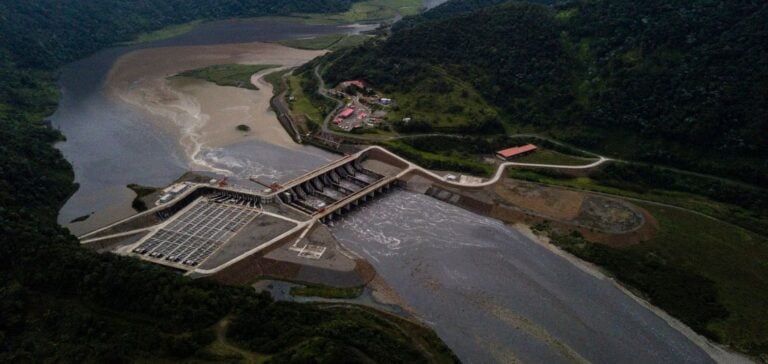The recent power cuts in Ecuador, affecting Quito and several provinces, highlight the vulnerabilities of the national electricity network.
Operator Cenace has announced the full restoration of service following interruptions caused by a technical incident at the Molino substation.
The exact extent of the provinces affected remains undetermined, but these events reflect persistent challenges for the country, which relies heavily on its aging infrastructure.
A fragile power grid
The blackouts in Ecuador are not isolated cases.
In June, the country suffered a widespread blackout, blaming a lack of investment in energy infrastructure maintenance and modernization.
Moreover, in April, scheduled blackouts were introduced to manage hydroelectric reservoirs weakened by a long period of drought.
Managing these critical resources, weakened by changing weather conditions, remains a central challenge for the country’s energy stability.
Economic impact and local disruption
The repercussions of these interruptions are felt far beyond the inconvenience to residents.
In Quito, the blackouts disrupted transport, temporarily halting the metro and disabling traffic lights, exacerbating traffic jams.
Each power cut generates significant economic costs, with losses estimated at around $72 million per day during the prolonged blackouts earlier this year.
The repetition of these incidents calls into question the resilience of the network at a time when infrastructures are under increasing strain.
Dependence on Hydroelectricity and its Limits
Ecuador relies mainly on hydroelectricity for its power supply, a strategy that entails risks in the face of climatic hazards.
Since August, the country has been under pressure due to low flows in the rivers that feed its hydroelectric plants.
Sediment build-up in the dams further complicates the management of these facilities, with outages of at least two hours recorded recently.
This model of dependence on a single source of energy is showing its limits in the management of a complex national network.
Prospects for Energy Diversification
To meet these challenges, discussions on diversifying energy sources are intensifying.
Ecuador could benefit from a combination of renewable energies such as solar and wind power to complement hydroelectricity, thus minimizing the impact of climatic variations.
In addition, the modernization of existing infrastructures becomes crucial to limit service interruptions.
Such an approach will require not only substantial investment, but also a clear strategy for resource allocation.
Repeated outages highlight a persistent fragility.
Decisions taken today on energy infrastructure will have a lasting impact on Ecuador’s economic and industrial stability.
The need for a proactive strategy and rigorous management is more pressing than ever.





















